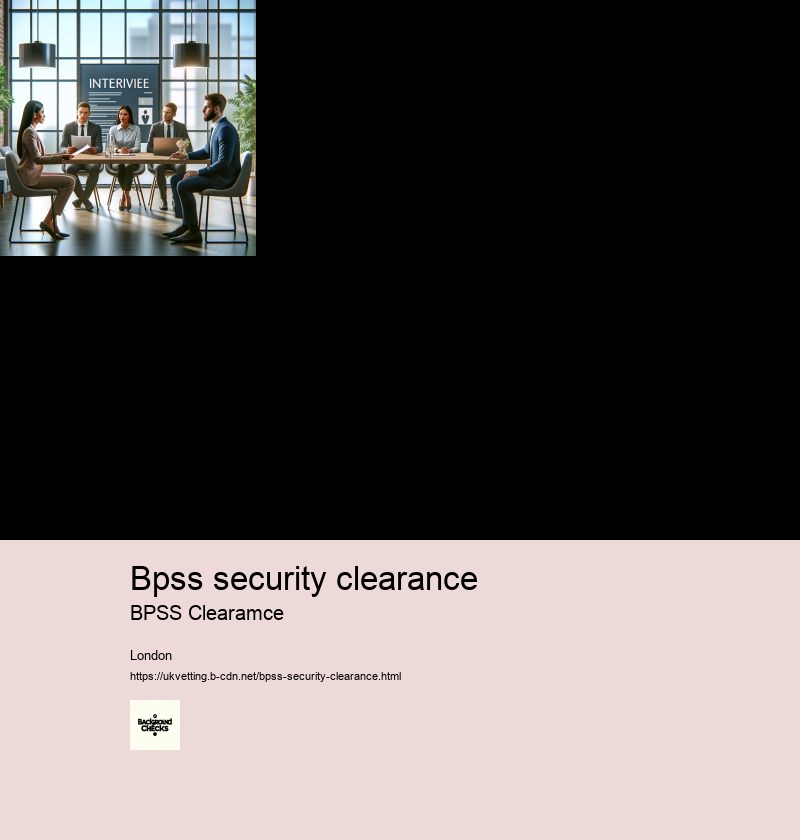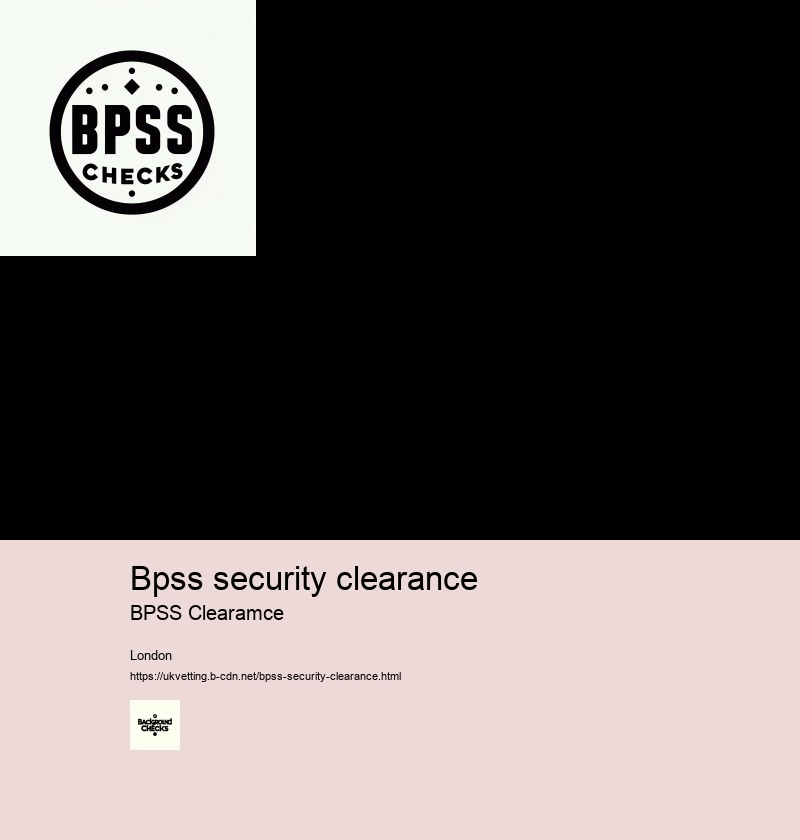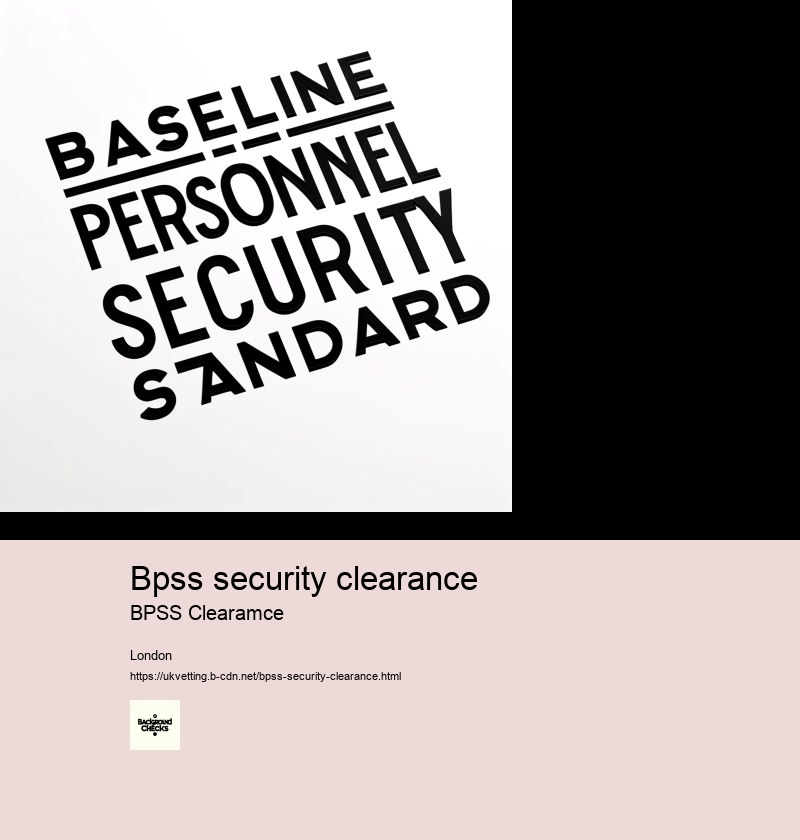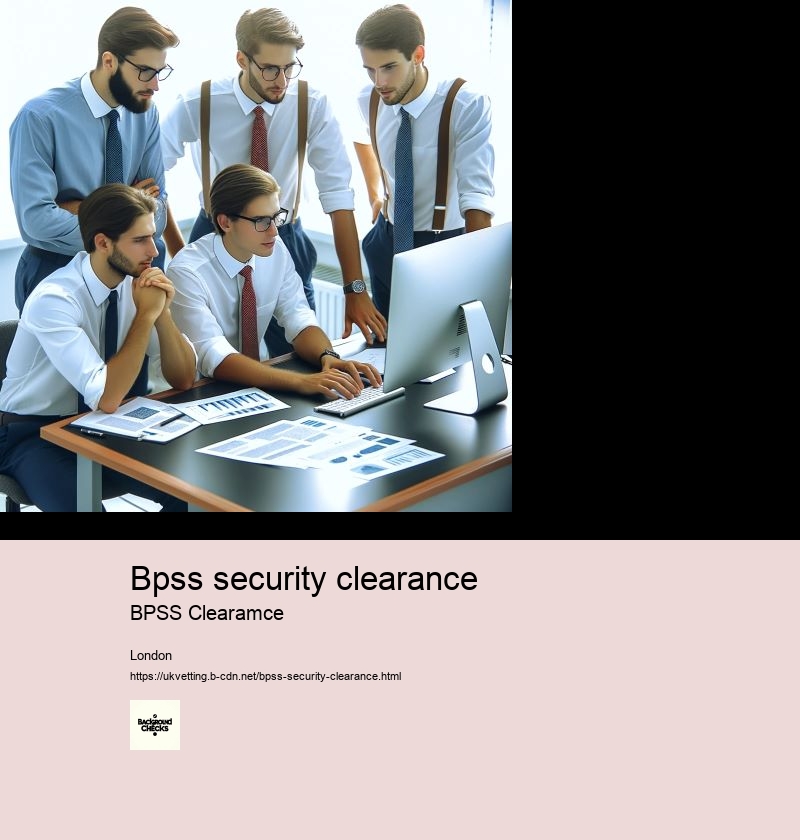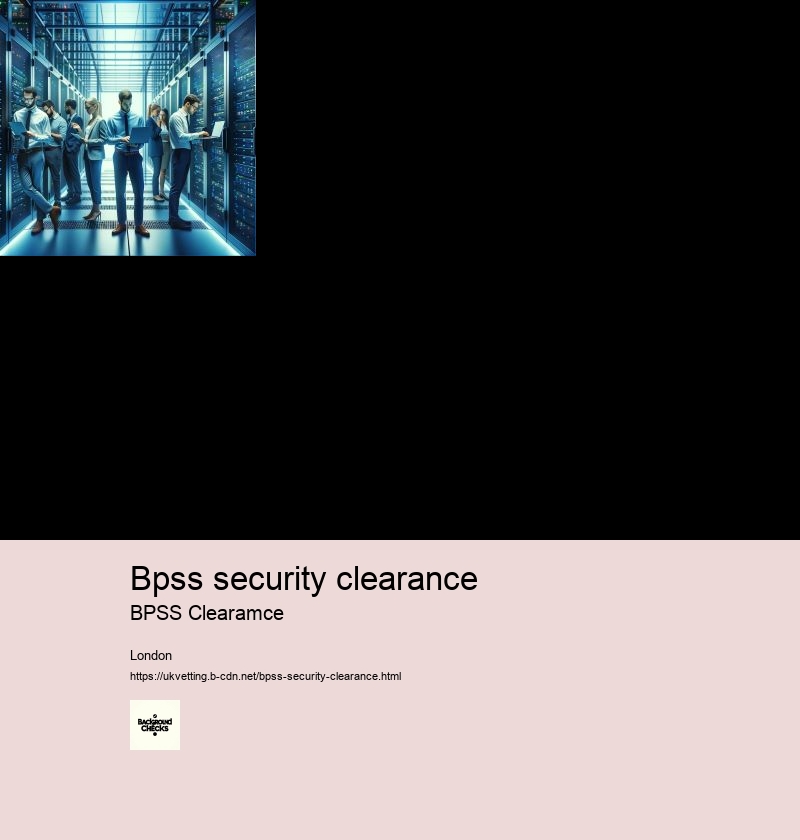bpss security clearance
Employment verification
DBS checks are available in three levels: Basic, Standard, and Enhanced. Each level provides a different depth of information, with Enhanced DBS checks including checks against the barred lists and additional information held by local police that’s relevant to the role being applied for. This is more comprehensive compared to the simpler criminal record check involved in BPSS.
Baseline Personnel Security Standard (BPSS) clearance is a fundamental security check within the UK, primarily designed to prevent individuals who may pose a threat to national security from gaining access to government and sensitive information. This clearance provides a baseline level of assurance on the reliability, trustworthiness, and integrity of prospective personnel.
The role of verifying the right to work is a crucial component of the Baseline Personnel Security Standard (BPSS) checks in the UK. This step is essential to ensure that individuals are legally entitled to work in the country, which is fundamental both for complying with legal requirements and for maintaining the integrity and security standards within an organization, particularly those involved in government or sensitive roles.
